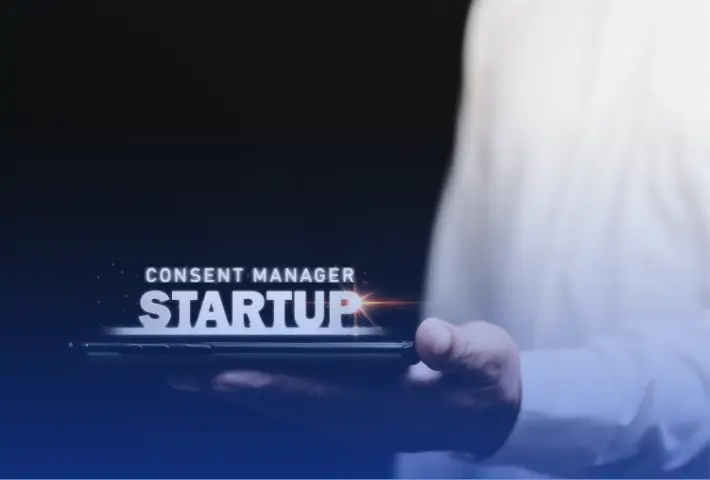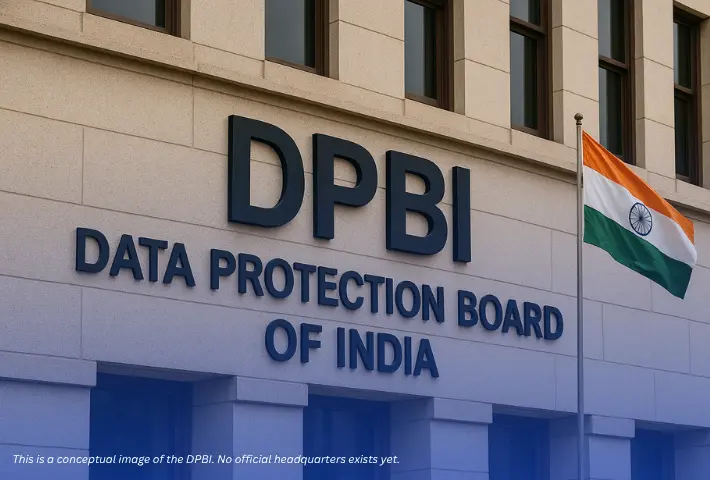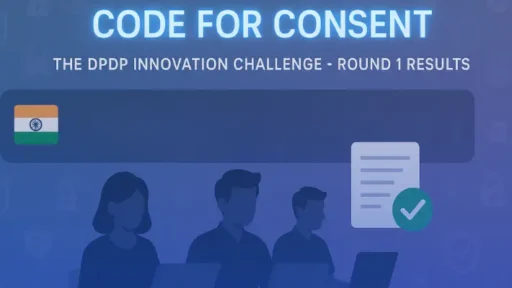Have you ever had annoying spam calls (or messages) after saying “Do Not Disturb”? You are not alone! Unwanted messages and calls (spam) are an issue for many due to today’s digital world. Despite many attempts to stop unwanted messages and spam calls, the ability to block messages from companies which don’t really have your consent to send you a message, continues to be a problem.
To resolve the issue, the Telecom Regulatory Authority of India (TRAI) has taken steps to introduce a fresh concept to eliminate this challenge. TRAI has joined the Reserve Bank of India (RBI) and a number of banks to implement a fresh way of digitally managing companies’ consent to contact individuals.
Why does this matter? Because it can reduce spam, protect your privacy, and make sure businesses only contact you if you truly agreed.
The Problem: Unchecked Permissions
Rules from 2018 allow companies to send you commercial messages, even if you’re on a ‘Do Not Disturb’ (DND) list, as long as they have your clear permission. But it was often given offline or in ways that couldn’t be so easily verified. So if someone complained about spam, the company claimed they had authorization but no one could verify it. And other people simply reported that companies had obtained their phone numbers through unfair means or by sharing their personal data without authorization. This led to a lot of unwanted calls and messages.
Too Much Spam
Many customers complain about spam from businesses they’ve dealt with before. Companies often say, “But we had your consent!” — even if it’s not true.
- The Current Rules – Under the TCCCPR 2018 law, companies can still contact you even if you’re on the Do Not Disturb list — but only if they clearly got your permission.
- The Problem – The issue is, many companies collect your permission in ways that aren’t clear — like on paper forms or during random conversations. So later, when they message or call you, you may not even remember agreeing to it — or maybe you never really did.
- TRAI’s Response – TRAI has already tried some things, like letting you report spam easily and cutting off phone numbers used by spammers. But offline consents are still a big problem.
- The New Pilot Project
Now, TRAI is launching a test project with RBI and selected banks. It will create a digital, easy-to-check system where your consent is stored and verified through telecom providers. - Why Banks First? – Because fraud in banking is serious. Fake calls pretending to be from banks can lead to money loss. So this test starts with banks for safety.
- The Big Picture – This is part of a long-term plan. The pilot will help figure out how well the new system works before rolling it out to other sectors.
TRAI’s Past Efforts and Ongoing Challenges
TRAI has tried hard to fight spam. They’ve made it possible for people to report telemarketers who aren’t registered, even if they’re not on the DND list. They’ve also cut off phone services used for spamming. These actions helped, but it was still tough to check permissions, especially when companies claimed they got them offline. There wasn’t a strong way to verify if someone had actually given consent. Because of that, the old rules were ineffective, and spam continued to be prevalent.
The Digital Consent Solution
To fix this, the 2018 rules suggested a system for getting and recording digital permissions. This system would require companies to secure digital permission. And to store it in a secure shared digital record maintained by the telecommunications companies. By having it in a secure record, it would be easy to check against the record before sending a commercial message. However, for this system to work effectively, every company that sends commercial messages has to be involved.
The Pilot Project: Working Together
To start this important system across the country, TRAI has launched a pilot project. They are working closely with the Reserve Bank of India (RBI) and selected banks. On June 13, 2025, TRAI told all phone companies to work with banks on this pilot. The banking sector was chosen first because banking deals are sensitive, and there are many financial scams through spam calls. This pilot project is like a ‘Regulatory Sandbox,’ where they can try out and check how the improved Consent Registration Function (CRF) works in terms of operations, technology, and rules. What they learn from this pilot is used to grow the digital permission system into other regions of India.
Counterpoints
- Will Businesses Join In? – The system is only effective if businesses are willing to use it. Getting all businesses to opt in may take time.
- What About Old Consents? Many consents already exist offline. As per DPDPA old consents are invalid and need to be collected.
- Privacy and Data Sharing – A central consent registry sounds good, but who gets to see that data? Could it raise new privacy concerns? What about Consent Directory under DPDPA?
- Tech and Trust – Will people trust a digital system more than paper? And will small businesses be able to keep up?
A Future with More Security and Clarity
TRAI is dedicated to protecting consumers and building trust in real commercial messages. They plan to keep working with other regulators and groups to make digital communication safer, clearer, and more focused on the consumer. This pilot project is a key moment in India’s fight against spam. It promises a future where people have more control over their communication and are safe from unwanted messages.
TRAI’s pilot with RBI and banks is an impressive and timely effort that could, at long last, provide transparency to how our consent is collected and used — especially in sensitive industries like banking. But there are still unanswered questions. The success of this system depends on how many companies sign up, how easy it is for consumers to use, and whether it can truly reduce spam and fraud.
TRAI’s first pilot Digital Consent Management project is a great and forward-thinking idea. By solving the main problem of verifying permissions through a strong digital system, TRAI is giving control back to the people. It’s also laying the foundation for a more responsible and transparent way to send and receive commercial messages. The partnership with RBI and the banking sector shows a shared goal — building a digital India where privacy is respected, and spam has no place. If this pilot works — and it likely will — it could become the base for a larger rollout, bringing relief to millions of people and setting a global example for digital consent management.
Next step? Keep an eye on how the pilot goes. If it works well, we could soon have fewer spam calls and more control over who contacts us — and that’s a win for all of us.









